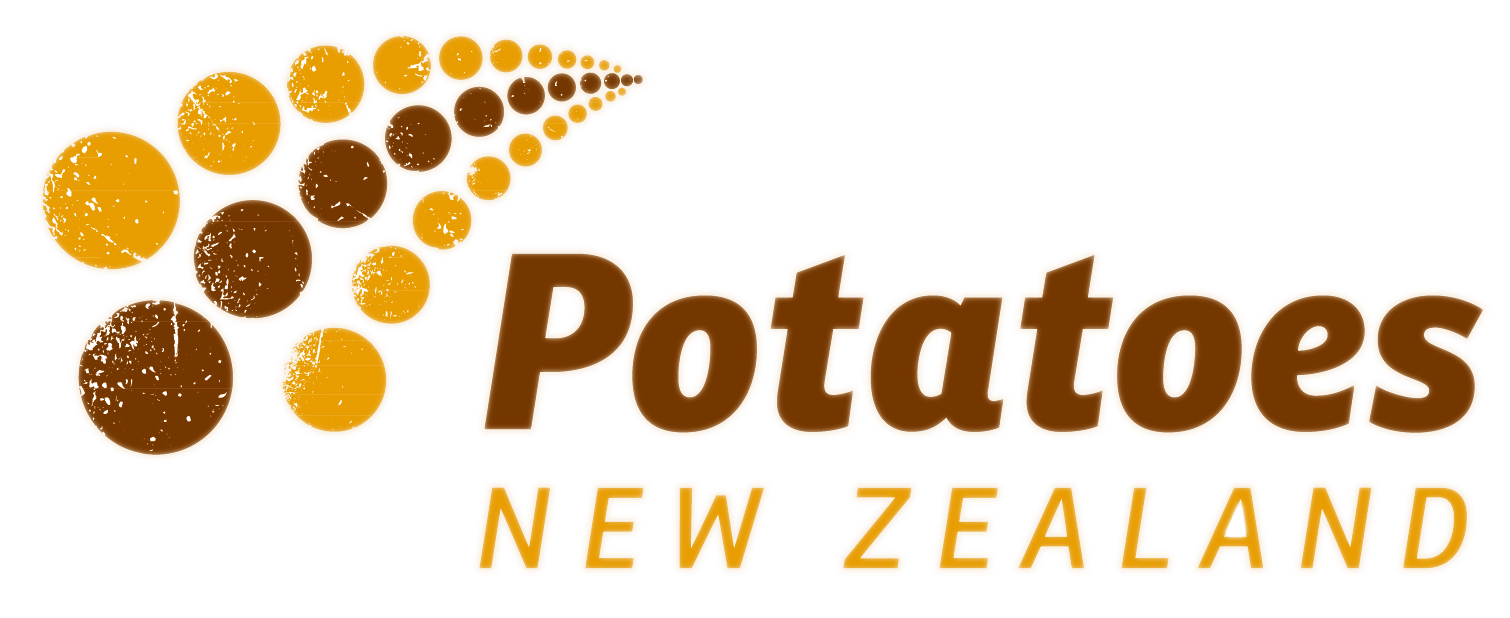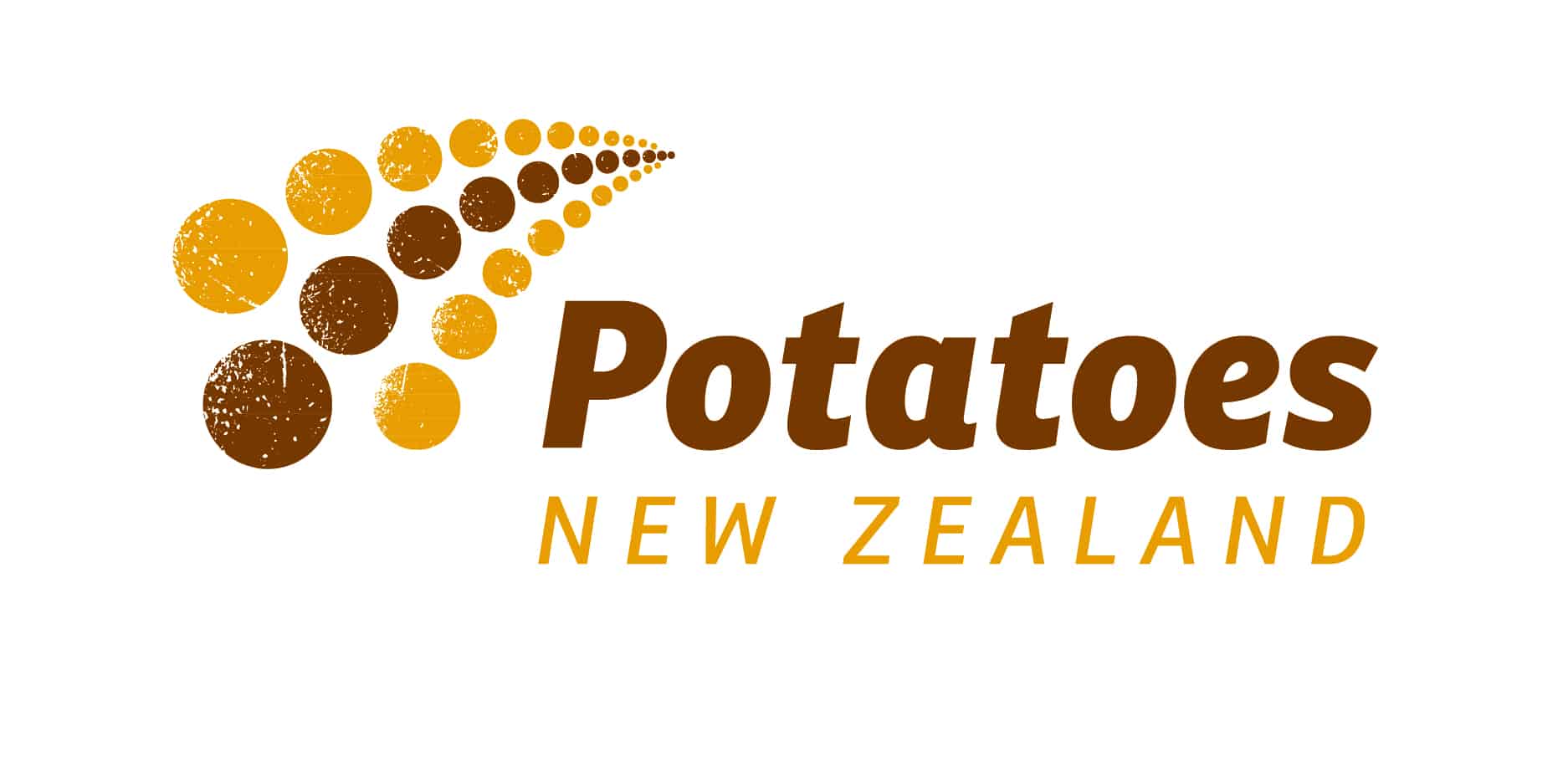The newest blockbuster research report on diet and health to be published in medical journal the Lancet is out.
Health effects of dietary risks in 195 countries, 1990–2017: a systematic analysis for the Global Burden of Disease Study 2017 is not the most catchy of titles. But its findings caught the headlines. “The diets cutting one in five lives short every year”, promised the BBC, with the startling subhead “The food we eat is putting 11 million of us into an early grave each year”. “Eating Too Much Salt is Killing Us By the Millions”, said Forbes.
These headlines are sensational, and often I find I can pick this kind of thing apart when I – unlike the average headline writer – actually read the research. But in this case they’ve pretty much nailed it.
This research had a massive goal: it aimed to evaluate the consumption of major foods and nutrients across 195 countries, and to quantify the impact of their ‘suboptimal intake’ – in other words getting not enough or too much of them – on death and disability from non-communicable diseases – heart disease, diabetes, and colorectal cancer.
What they found was pretty serious. Globally, in 2017, suboptimal diet was responsible for 11 million deaths. Poor diet, they do say, is responsible for more deaths than any other risks globally, including smoking. “What a surprise”, said no health expert anywhere.
What does ‘poor diet’ mean? In this case it relates to fifteen different dietary risk factors. The one that came out on top – or bottom, depending on your perspective – showed the single biggest number of diet-related deaths was due to high intake of sodium (salt). Hot on its heels was a low intake of whole grains, and low intake of fruits; low levels of nuts and seeds; not enough vegetables; not enough omega-3 and too little fibre were other major killers.
Also looked at: calcium intake; milk intake; legumes; polyunsaturated fat intake; sugary drinks; processed meat; red meat; trans fats. All were shown to have an impact on poor health; most countries were found to be failing to meet recommended intakes in almost all categories.
There’s a theme here. And it echoes the theme that comes through in much of the research I see: eat more plants for better health. Six of those top eight risk factors have to do with plant intake. We need more whole grains; we need more fruit and vegetables; we need more nuts and seeds; we need more fibre.
Coincidentally, this is what we also need to eat for a more sustainable planet, as shown in other recent Lancet research.
This doesn’t mean we need to be vegetarian or vegan. But it does mean we should be looking seriously at the makeup of our plates. I don’t mean to go on about this, but I feel quite strongly that the term ‘plant-based’ is increasingly being taken to mean ‘plant-only’; synonymous with veganism. And I don’t want that to take hold.
Because we know a plant-based diet – in the true sense of the phrase: a diet based on plants – is better for health. But restricting that to mean a plant-only diet is going to put off a lot of people; a lot of Kiwis in particular in my opinion. Which would be a real shame.
Our message as fans of plant foods of all kinds should not be one of restriction – you must avoid this. It should be one of abundance: eat more! Eat more of the wide and delicious variety of plant foods we grow here in this fertile country. Eat more of our beautiful, healthful produce. Eat more and you’ll not only benefit your own health and the health of the planet, but you’ll also support your fellow Kiwi.
*Niki Bezzant is a food and nutrition writer and speaker. Follow Niki @nikibezzant and at www.nikibezzant.com


